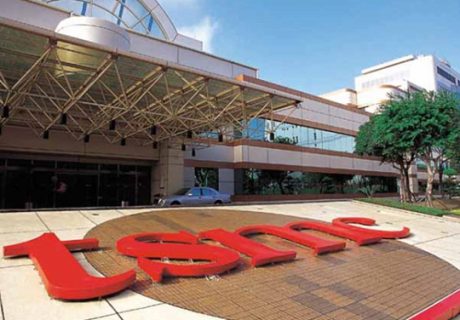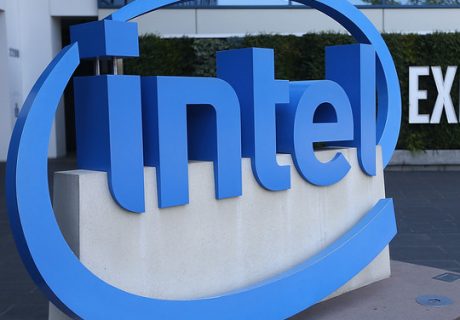Apple has been firing on all cylinders recently with its CPU chip design; Apple’s A12 chip continued this trend and allows for the iPhone XS to easily outstrip the competition on speed tests and benchmarks. Of course, whilst Apple designs these chips in-house it does not manufacture them. That responsibility lies on TSMC’s shoulders. TSMC has been the exclusive manufacturer for Apple’s chips since the A10 chip in 2016.

Samsung was the exclusive manufacturer of the A-series processors for Apple’s iPhone and iPad products. However, as competition and legal disputes between the two companies continued to intensify, Apple began to turn to TSMC.
According to report, that trend is set to continue with the next generation of processors which will power the fall 2019 iPhones. Apple has publicly praised TSMC for being able to mass produce to high quality, and be agile to new technology. At the A12 debut last month, Apple boasted how it was able to be the first company to ship phones with chips fabricated at a 7nm process — in large parts thanks to TSMC’s competency.
The partnership between Apple and TSMC began in 2014, when Apple’s iPhone and iPad chips were handed over to TSMC. With the advantage of technology and yield, TSMC later won orders for Apple’s A10, All and Al2 chips.
There is a reason why Apple chose to send all the A13 chip orders to TSMC. In 2017, Apple Chief Executive Jeff Willams said in the 30th anniversary of TSMC that TSMC must invest $9 billion to produce 500 million chips for Apple if wants Apple to place 100% of its orders in TSMC. In fact, few semiconductor companies will invest $9 billion in a single customer, but TSMC has done it.
TSMC made up 56% of the global foundry market in the first half of 2018.With the expansion of customer base and order size, TSMC’s global market share may exceed 60% in 2019.
Related News:


















